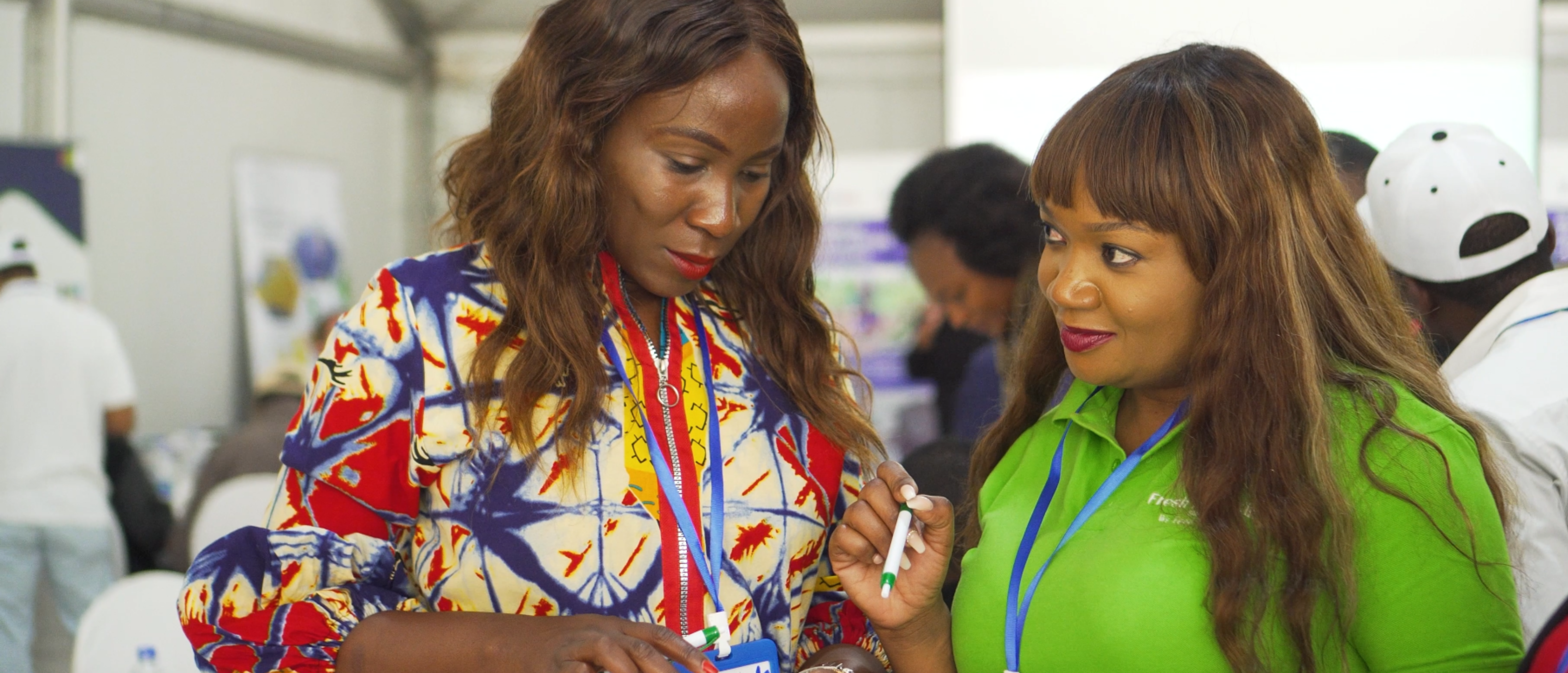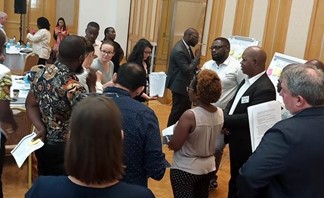
Co-Creating Change through Locally-led, Evidence-based, and Strategic Adaptation
Malawi faces a series of interlinked development challenges, including significant health disparities, environmental degradation, and economic instability. Addressing these issues requires a focused and dynamic approach, particularly in light of the country’s environmental vulnerabilities and public health concerns. As the prime implementor of the United States Agency for International Development (USAID)/Malawi Learn to Perform Activity, Banyan Global supports USAID/Malawi to make data-driven decisions and strategically steer the Mission’s highly integrated Country Development Cooperation Strategy (CDCS) toward greater development results.
USAID/Malawi’s CDCS for 2020-2025 seeks to holistically tackle some of the country’s most intractable development challenges through a robust, sustainable, and integrated approach that fosters cross-sector solutions. Midway through the implementation of the CDCS, the Mission engaged in a comprehensive mid-course stocktaking. This strategic review process harnessed accumulated evidence and local insights to ensure USAID/Malawi’s programming continues to be aligned with and responsive to the evolving country context and the priorities and aspirations of the Malawian government, private sector, civil society, and communities. Banyan Global, as the implementer of USAID/Malawi’s Learn to Perform activity, supported the Mission through this two-stage process, which was recognized as a winner of USAID’s 2024 Collaborating, Learning, and Adapting Case Competition.
Collaboration and Reflection: The Retrospective Phase. In the retrospective phase, Learn to Perform worked closely with the Mission’s Program Office to analyze and synthesize data for a deep dive into the status of CDCS objectives. We co-designed and facilitated robust engagement sessions based on data and evidence, including a portfolio review with the Mission and Government of Malawi and a learning series. An External Stakeholders Engagement Workshop was a highlight of the retrospective phase, demonstrating USAID/Malawi and Learn to Perform’s commitment to localization and inclusive development. The workshop convened over 85 participants, including a significant representation of youth, to ensure that the Mission’s strategic planning took into consideration stakeholder views. Discussions were vibrant and centered on the critical role of Malawian youth in shaping a resilient future. The retrospective sessions provided structured, intentional learning opportunities to reflect on achievements and challenges and to synthesize and make sense of insights with government, private sector, and youth and civil society stakeholders.

Participants prioritize strategic adaptations.
Proactive Adaptation: The Prospective Phase. Informed by the insights generated through the retrospective phase, Learn to Perform worked closely with USAID in the prospective phase of the mid-course stocktaking to outline strategic shifts necessary for adapting to the dynamic Malawian context. Learn to Perform developed synthesis briefers on key strategic pivots related to democracy, climate resilience, private sector engagement, and localization, and facilitated five focus groups with technical office leads and Agreement /Contracting Officer’s Representatives on operational approaches to integration and three high-level workshops, one with USAID Implementing Partners and two internal sessions focused on action planning and prioritization. These sessions, enriched by active participation from a diverse group of stakeholders, set the stage for a more localized and evidence-driven approach in the final years of the Mission’s current CDCS.
The support Banyan Global provided during the mid-course stocktaking was invaluable in reinforcing USAID/Malawi’s capacity for strategic adaptation and inclusive stakeholder engagement. By fostering an environment where local voices are not only heard but are integral to decision-making, our support helped ensure that the strategy remained reflective of the current context in Malawi and resonant with the shared priorities among USAID/Washington, USAID/Malawi, the Government of Malawi, and local civil society and private sectors. USAID/Malawi’s mid-course stocktaking exemplifies a model of evidence-based, locally-led development that is both reflective and forward-looking. As the Mission pivoted toward the next phase of its strategy, the collaborative spirit and the strategic insights garnered with Learn to Perform’s support have guided its efforts to achieve a more self-reliant and democratically accountable Malawi.
